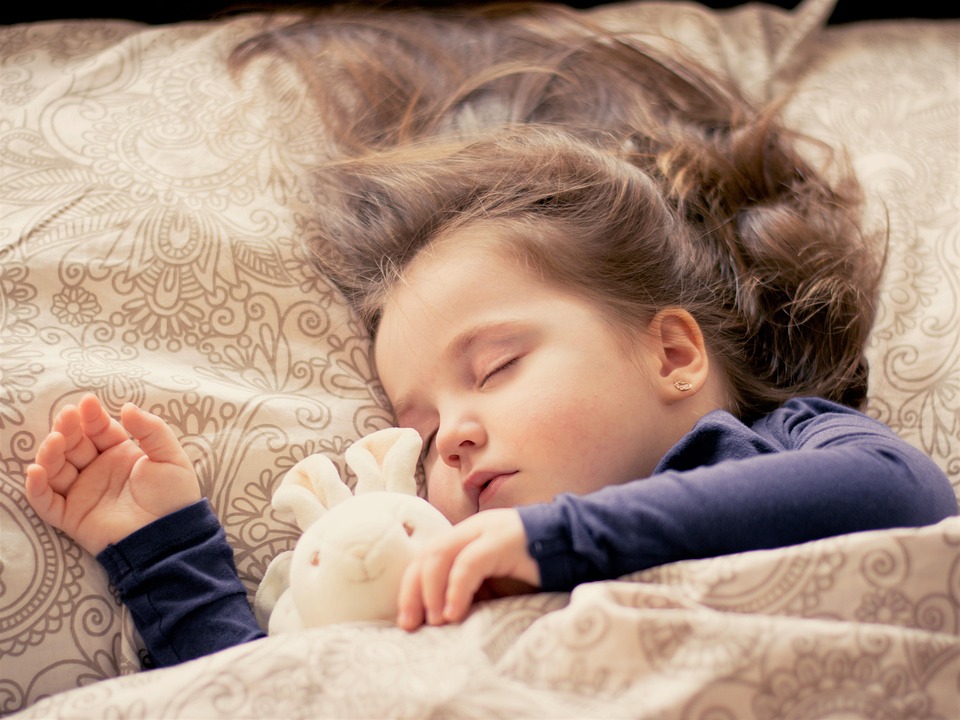
Ensuring that children develop healthy sleep habits is crucial for their physical health, emotional well-being, and cognitive development. Sleep is essential for growth, immune function, and cognitive processing, and it plays a significant role in a child’s mood and behavior. In this article, we will explore key strategies that parents and caregivers can implement to promote healthy sleep habits in kids.
Understanding the Importance of Sleep in Children
Before delving into strategies, it is important to understand why sleep is so vital for children. During sleep, children’s bodies undergo critical processes such as growth hormone release, muscle repair, and brain development. The brain consolidates memories, processes information, and refines skills learned during the day. Moreover, quality sleep impacts a child’s ability to concentrate, learn, and behave appropriately.
Recommended Sleep Duration by Age
According to the American Academy of Sleep Medicine, the recommended sleep duration varies by age:
- Infants aged 4-12 months: 12-16 hours (including naps)
- Toddlers aged 1-2 years: 11-14 hours (including naps)
- Preschoolers aged 3-5 years: 10-13 hours (including naps)
- School-aged children aged 6-12 years: 9-12 hours
- Teenagers aged 13-18 years: 8-10 hours
Establishing a Consistent Sleep Schedule
One of the most effective strategies for promoting healthy sleep habits is establishing a consistent sleep schedule. Going to bed and waking up at the same time every day, even on weekends, helps regulate the body’s internal clock. This consistency reinforces the body’s natural sleep-wake cycle and can make it easier for children to fall asleep and wake up naturally.
Creating a Relaxing Bedtime Routine
A calming pre-sleep routine helps signal to children that it is time to wind down. Activities such as reading a story, taking a warm bath, or listening to soft music can be soothing. The key is to create a predictable sequence of events that gradually decrease activity levels and promote relaxation.
Optimizing the Sleep Environment
The sleep environment plays a crucial role in how well children sleep. Here are some tips for creating an optimal sleep environment:
Comfortable Bedding and Pajamas
Ensure that the bedding and pajamas are comfortable and appropriate for the season. The sleep surface should be supportive, and the bedding should be cozy without being too warm or too cold.
Control Light and Noise
Keep the room dark by using blackout curtains if necessary. Consider a nightlight if your child is afraid of the dark. Minimize noise with white noise machines or fans to create a peaceful atmosphere.
Maintain an Appropriate Room Temperature
The ideal sleep temperature is cool yet comfortable. Generally, a room temperature between 60-67°F (15-20°C) is recommended. Adjust the thermostat or use fans and heaters to achieve this range.
Limiting Screen Time Before Bed
Exposure to screens before bed can interfere with sleep due to the blue light emitted by devices such as tablets, smartphones, and televisions. This blue light can suppress the production of melatonin, a hormone that regulates sleep-wake cycles. To mitigate this, it is advisable to limit screen time at least one hour before bedtime and encourage alternative activities such as reading or drawing.
Promoting Physical Activity
Regular physical activity can help children fall asleep faster and enjoy deeper sleep. Encourage activities such as playing outside, sports, or family walks. However, it is important to avoid vigorous exercise close to bedtime as it may energize children and make it difficult for them to wind down.
Monitoring Diet and Nutrition
What children eat and drink can impact their sleep quality. Here are some dietary considerations to keep in mind:
Avoiding Caffeine and Sugar
Caffeine and sugar can disrupt sleep, so it’s best to avoid them in the hours leading up to bedtime. This includes beverages like soda, energy drinks, and chocolate.
Providing a Balanced Diet
A well-balanced diet rich in fruits, vegetables, whole grains, and lean proteins supports overall health and can contribute to better sleep. Ensure that children are getting the necessary nutrients to support their growth and development.
Addressing Sleep Disorders
If you suspect that your child has a sleep disorder, such as sleep apnea or insomnia, it is important to consult a healthcare professional. Sleep disorders can significantly impact a child’s health and quality of life, and professional guidance can provide the necessary interventions and support.
Conclusion
Developing healthy sleep habits in children is a multifaceted process that requires consistency, a supportive environment, and attention to lifestyle factors. By implementing the strategies outlined above, parents and caregivers can help children achieve the restorative sleep they need to thrive. Prioritizing healthy sleep habits not only benefits children’s physical health but also their emotional and cognitive development, setting the foundation for a happier, healthier life.
#ChatGPT assisted in the creation of this article.







